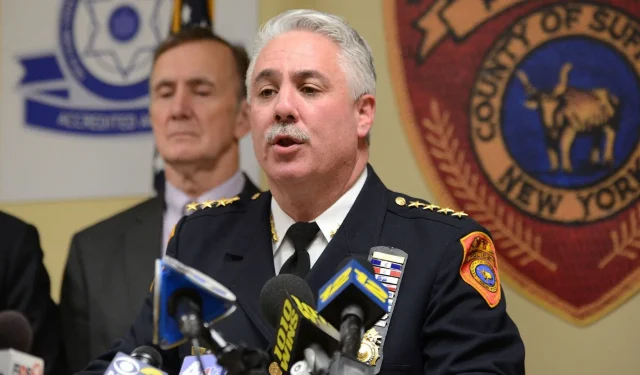Please note that this article contains discussions of sensitive topics, including murder, assault, and sexual misconduct.
Exploring Netflix’s Gone Girls: The Long Island Serial Killer
Netflix’s recent docuseries, Gone Girls: The Long Island Serial Killer, delves into one of America’s most infamous serial murder cases. This gripping three-part series, crafted by director Liz Garbus, spans 28 years of tragic events that unfolded around Gilgo Beach, Long Island, New York. The documentary provides an in-depth look into the killings, the timeline associated with the Long Island murderer, the lives of the victims, and the profound impact of these tragedies on their families and communities, spotlighting lead detective Jimmy Burke’s involvement.
The Disappearance of Shanann Gilbert
The series highlights the pivotal moment following the 2010 disappearance of Shanann Gilbert, which led to the grim discovery of the bodies of four women, now known as The Gilgo Four. These victims, all of whom were sex workers and shared a similar physical profile, were found within a mere quarter-mile of each other near Gilgo Beach. While initial remains emerged in late 2011, a breakthrough in the case only came in 2023 when police reported the arrest of a suspect. What sets Gone Girls apart in the true-crime genre is its focus not only on the crime but also on the personal stories of those involved, including detective Burke’s insights.
Jimmy Burke: Chief of Police During the Gilgo Beach Murders
Burke’s Tenure as Suffolk County Police Chief: 2012-2015
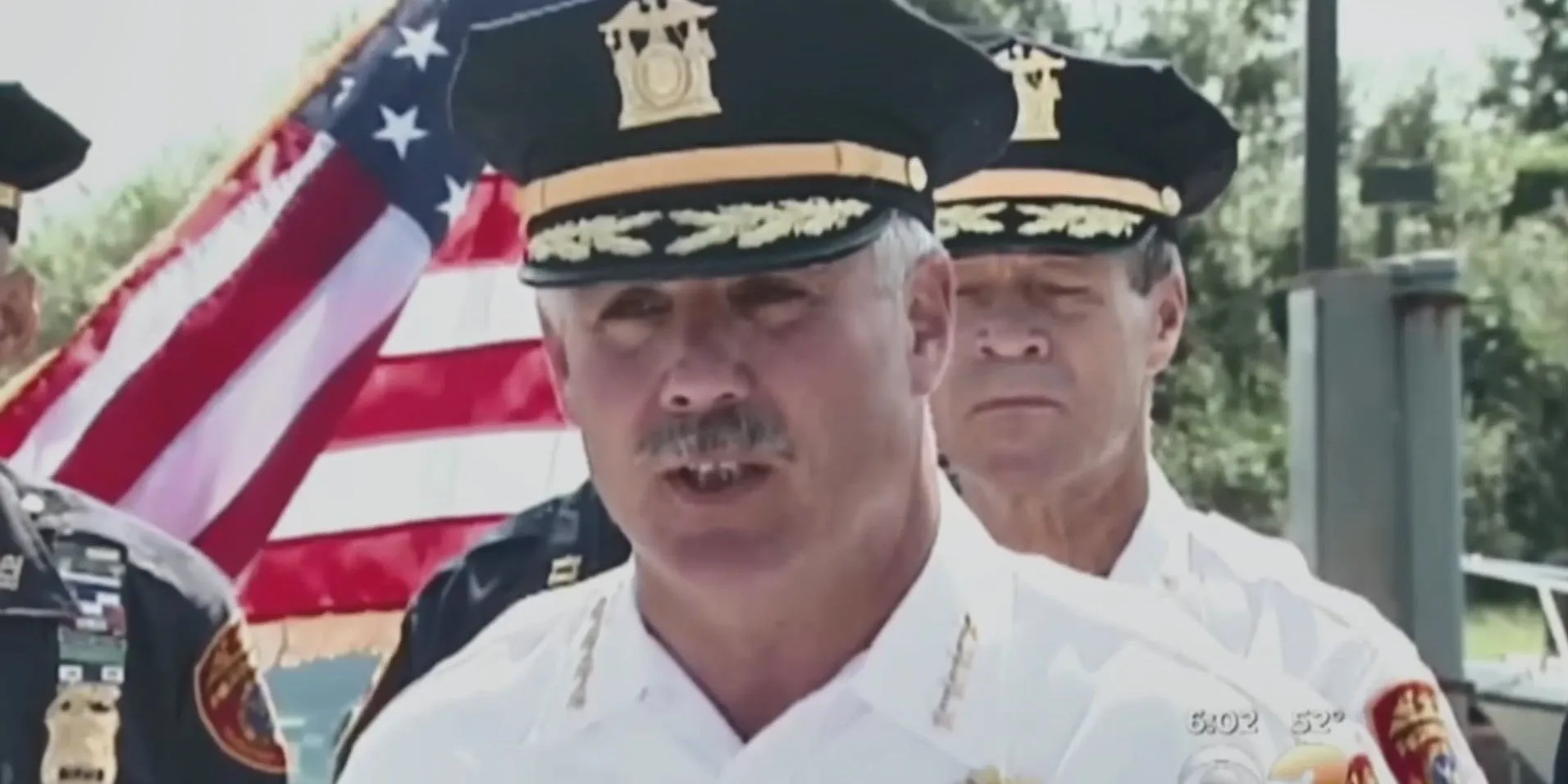
The docuseries reveals the various conspiracy theories and speculations about the Long Island Serial Killer’s identity. After the grim discovery of Gilbert’s body in December 2011, Suffolk County Police Commissioner Richard Dormer stepped down from his role. Episode 2 features remarks from former Suffolk County Executive Steve Bellone, who sought a capable leader following Dormer’s exit and was advised by District Attorney Thomas Spota to appoint Burke, a decision that would soon face scrutiny.
Jimmy Burke’s career in law enforcement began in the 1980s as a police officer in New York. His mentorship under Thomas Spota, who led significant cases during Burke’s early career, set a foundation for his ascent within the Suffolk County Police Department. Promoted rapidly from inspector to Chief of Department, Burke underwent a notable “four-rank jump” according to Inspector Stuart Cameron.
The Controversy Surrounding Jimmy Burke’s Leadership
Critiques and Challenges Facing Burke

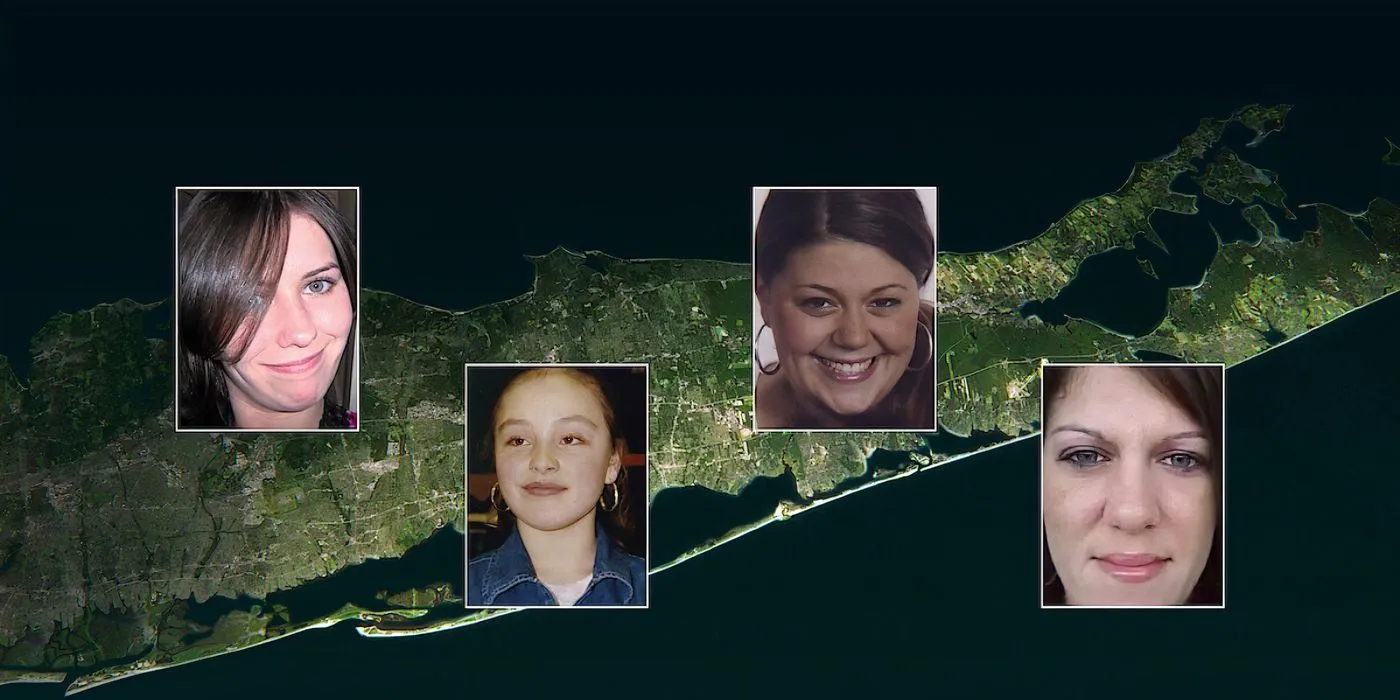


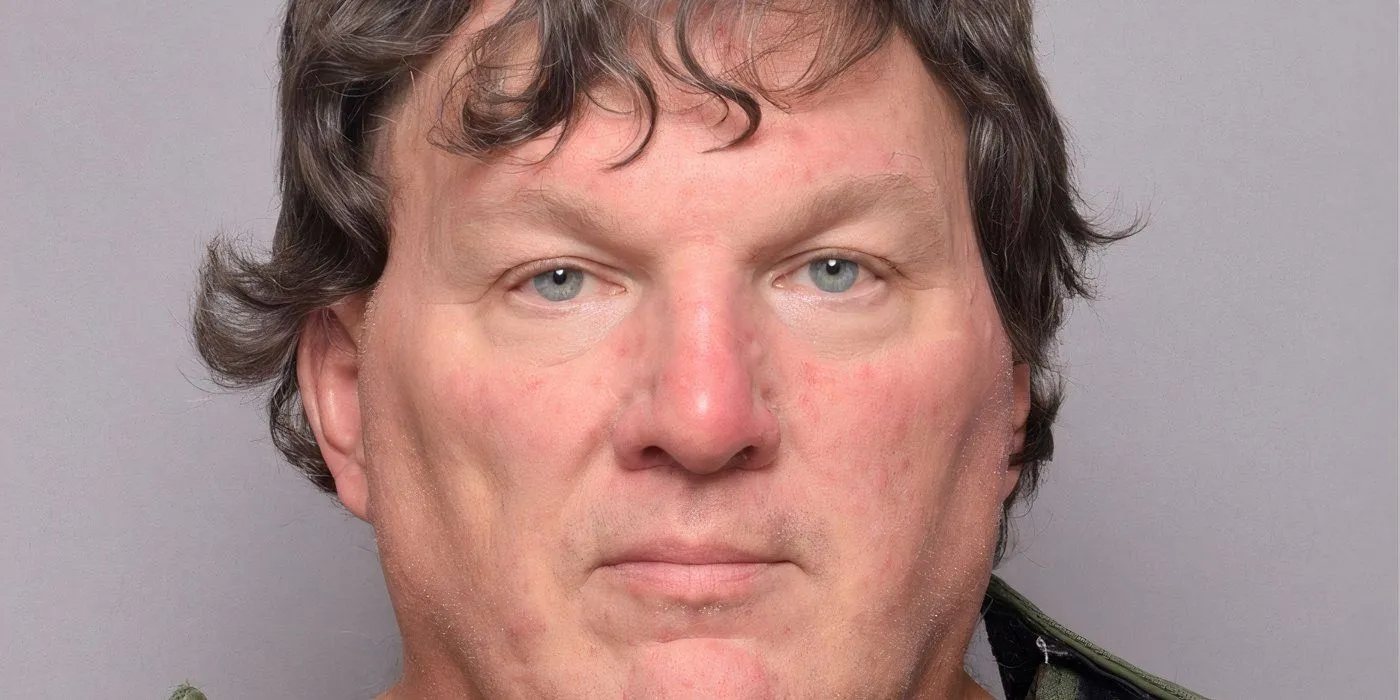
Burke’s promotion to Suffolk County Police Chief in 2012 was met with skepticism among colleagues and media alike. Reporter Gus Garcia-Roberts voices concerns in the second episode of Gone Girls, labeling Burke as “a troubled officer”and questioning the wisdom of his appointment. His responsibilities quickly encompassed the Long Island serial killings, wherein his alliance with Tom Spota continued despite overarching critiques.
Further complicating matters, Burke’s refusal to collaborate with the FBI during this investigation raised eyebrows. This defiance was exacerbated by an ongoing investigation into his own misconduct surrounding a 2012 assault against a man named Christopher Loeb, who allegedly pilfered personal items from Burke’s vehicle (source: New York Post). Many in law enforcement speculated that cooperation with the FBI could have led to a swifter identification and arrest of the serial killer.
The Legal Troubles of Jimmy Burke: Assaults and Convictions
Understanding Burke’s Legal History
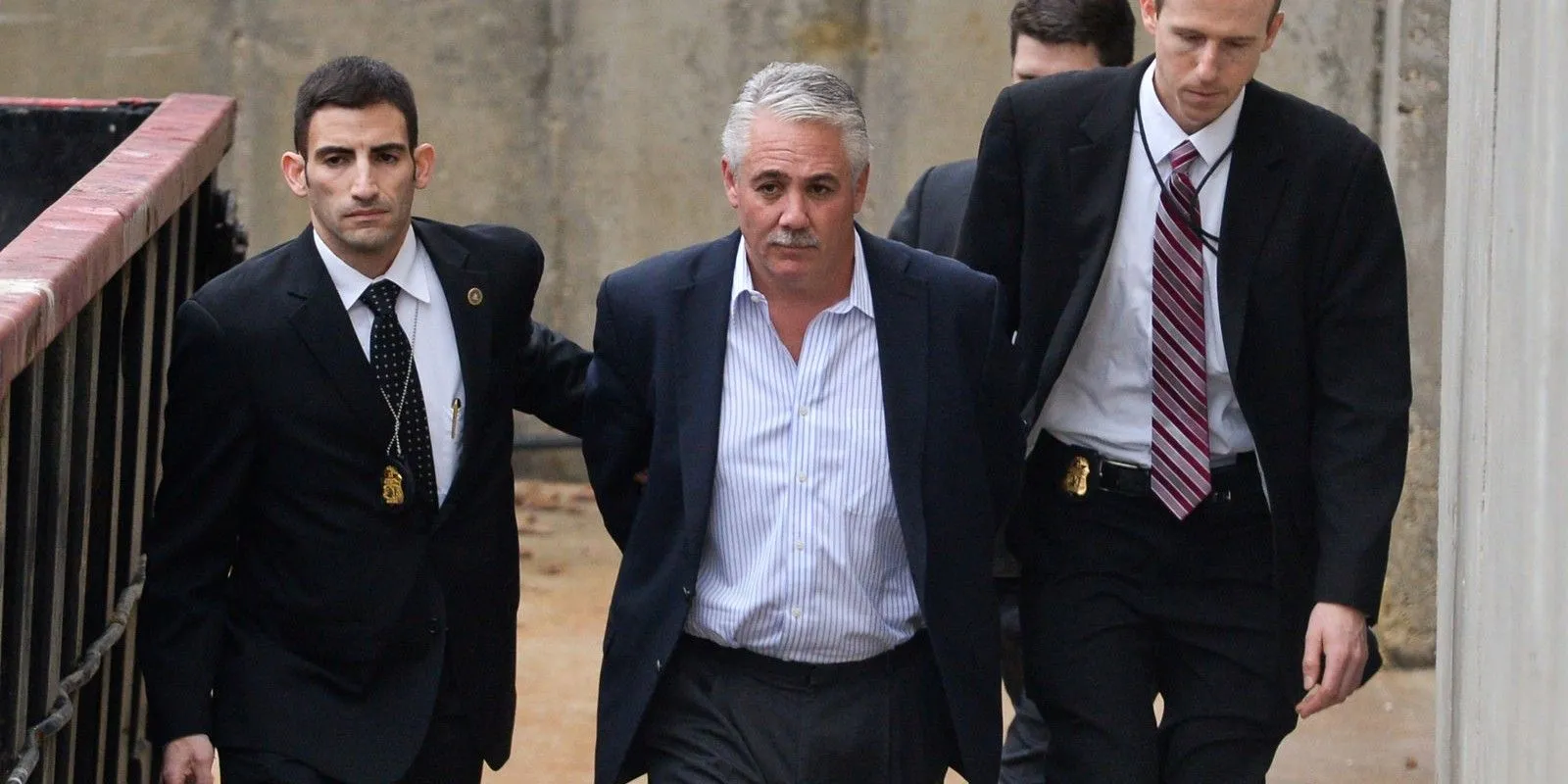
Through examples presented in Gone Girls, the narrative reveals multiple Internal Affairs investigations against Burke that were manipulated while he was in office. After stepping down in 2015, Burke faced charges related to the assault on Loeb, alongside conspiracy to obstruct justice and violating civil rights. Following a guilty plea to lesser charges in 2016, he was sentenced to 46 months in federal prison along with three years of supervised release (source: United States Attorney’s Office). He completed part of his sentence in a federal facility before transitioning to house arrest, finishing his term in 2019.
In 2023, Burke found himself in legal trouble once again, this time arrested for public lewdness and unlawful solicitation after an incident involving a park ranger at Vietnam Veterans Memorial Park in Farmingville. Authorities confirmed he is scheduled to appear in court on April 16, 2025 (source: Newsweek).
Moreover, Burke faced allegations of sexual misconduct while serving on the force. Archival segments in the documentary feature a woman using the alias “Leanne,”who came forward in 2016 to disclose an encounter with Burke that became violent in nature. His recent arrest adds to the extensive narrative of Burke’s misconduct and raises important questions surrounding accountability in law enforcement. Former Executive Bellone has expressed significant remorse over hiring Burke, emphasizing a betrayal of trust that lasted nearly three years (source: Oneida Daily Dispatch). The documentary underscores how Burke’s controversies, marked by obstruction and misconduct, severely hampered the Long Island serial killings investigation and sparked discussions on broader issues of justice within U.S. law enforcement.
References: Moviedelic, New York Post, United States Attorney’s Office, Newsweek, Oneida Daily Dispatch
